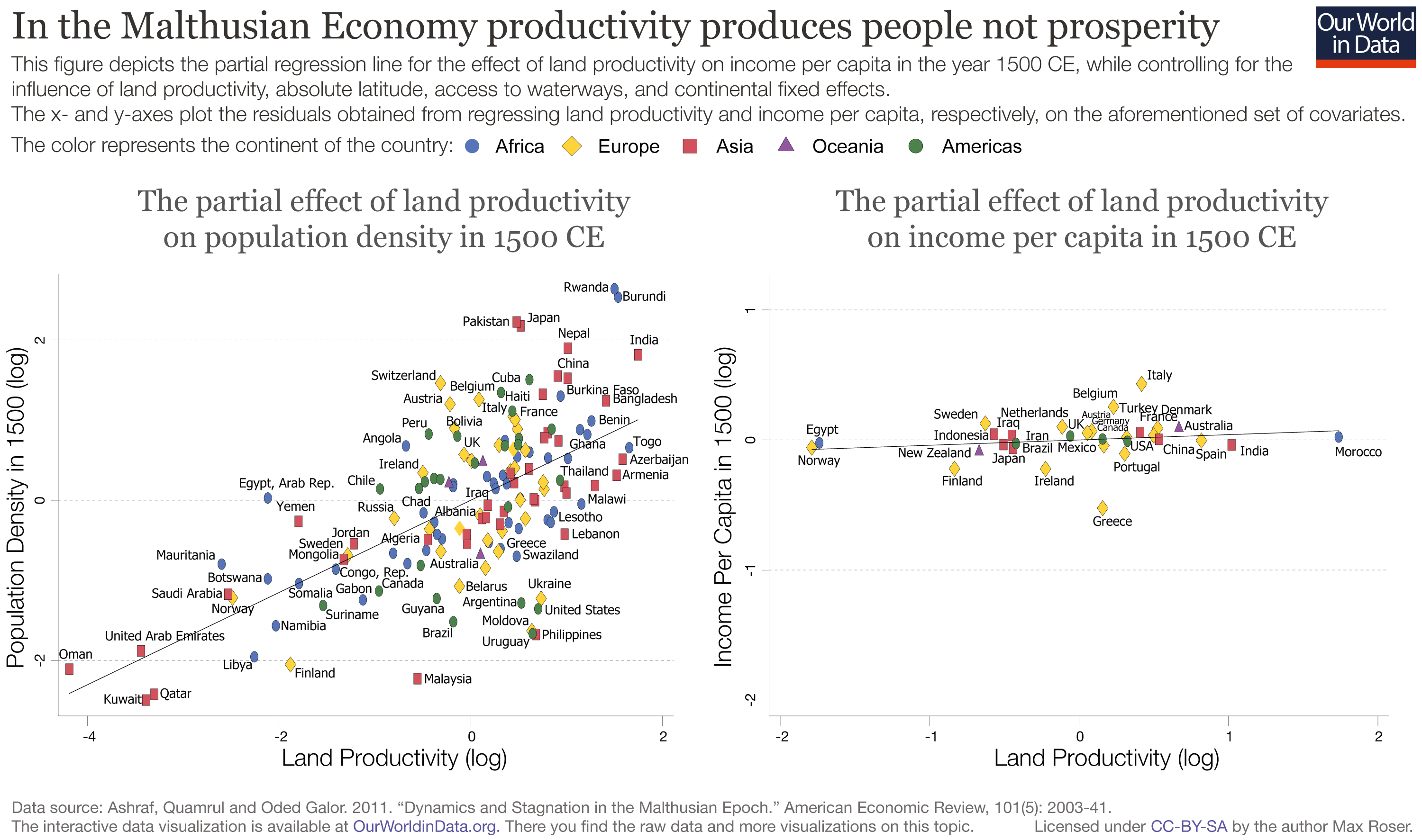A History Of Arab Peoples Pdf Printer
- A History Of Arab Peoples Pdf Printer Free
- Hourani Albert A History Of The Arab Peoples Cambridge Harvard University Press 1991 76
- Best Books On Arab History
TranslationsThe users of this product have translated it to their local language. You need a redistribution license if you want to redistribute the PDFPrinter on your own redistribution media. This could be a DVD or yourweb site. A redistribution license offers a royalty free redistributionmodel, which is what most software companies want.The alternative to a redistribution license is to send your users to thisweb page to download the program themselves. In this model your usersare subject to the normal license conditions and must buy a license ifthey have more than 10 users per company. There is no major technical difference between the two products.The products are branded differently and the bioPDF version is meant forthe commercial market.
Both versions are supported by the same group ofpeople. However, support for the commercial version is prioritized overthe free version. Video TrainingYou can find a couple of video guides at the.More VideosOne of our partners has supplied a free set of training videos for theBullzip PDF Printer. Visit their web site to get access to the videos.If you want to merge PDF files or rearrange pages then you should lookat our program.

Wiht PDF Studio, you can. Merge PDF files. Rearrange pages. Copy pages. Delete pages. View and search PDF files.
A History Of Arab Peoples Pdf Printer Free
Command line PDF printVersion History.

Hourani Albert A History Of The Arab Peoples Cambridge Harvard University Press 1991 76
'Few works of history make as well-structured a case for the importance of studying continuity, rather than change, than Albert Hourani's A History of the Arab Peoples. Hourani's work had three major aims: to refute the idea that Arab society stagnated between 1000 and 1800; to study the period through the lens of diverse Arab, rather than Muslim, history; and to stress intellectual and cultural continuity.
All of these intentions were the product of the author's evaluation of a great mass of secondary sources, many of them devoted to arguing for ideas that contradicted his, and it demanded considerable skill to synthesize from them a coherent and well-evidenced counter-argument. Hourani was able to do this largely because his grasp of the relevance and adequacy of his predecessors' arguments was second to none; his achievement lies in his ability to reject the reasoning of other historians while still making good use of their evidence.
In this task, he was aided by an interpretative skill almost equal to his powers of evaluation; A History of the Arab Peoples is also a monument to the importance of properly understanding the meaning of available evidence.' -Provided by publisher. Read more.Rating:(not yet rated)Subjects.More like this. 'Few works of history make as well-structured a case for the importance of studying continuity, rather than change, than Albert Hourani's A History of the Arab Peoples.
Best Books On Arab History
Hourani's work had three major aims: to refute the idea that Arab society stagnated between 1000 and 1800; to study the period through the lens of diverse Arab, rather than Muslim, history; and to stress intellectual and cultural continuity. All of these intentions were the product of the author's evaluation of a great mass of secondary sources, many of them devoted to arguing for ideas that contradicted his, and it demanded considerable skill to synthesize from them a coherent and well-evidenced counter-argument. Hourani was able to do this largely because his grasp of the relevance and adequacy of his predecessors' arguments was second to none; his achievement lies in his ability to reject the reasoning of other historians while still making good use of their evidence. In this task, he was aided by an interpretative skill almost equal to his powers of evaluation; A History of the Arab Peoples is also a monument to the importance of properly understanding the meaning of available evidence.' -Provided by publisher.